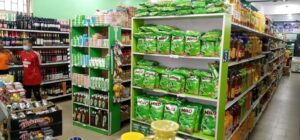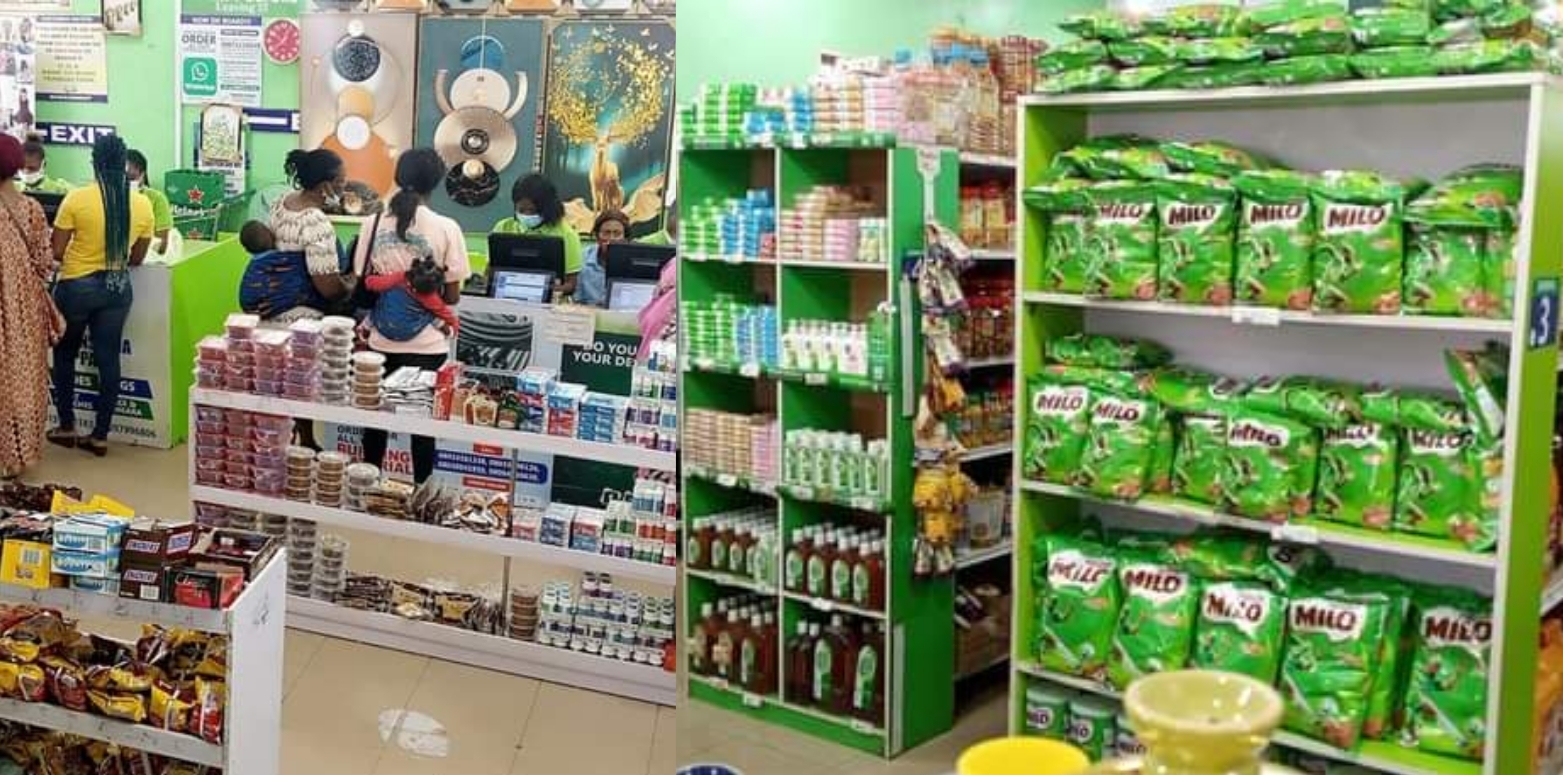By Obinna Nnorom
Worried by the recent development, where most supermarkets find it difficult to place price tag on their displayed products, Federal Competition and Consumer Protection Commission(FCCPC) has ordered them to return to putting prices.
The disclosure was made on Monday in a statement signed by the FCCPC Chief Executive Officer, Tunji Bello, stated that the measure was in a bid to ensure that customers are not exploited and ambushed by the operators.
 He said,“Already, the Commission has mandated the operators of supermarkets to visibly display the prices of products displayed on their shelves to shoppers for transparency and avoid an ambush situation where they only get to know of the prices after payment would have been made at the counter and receipt issued.”
He said,“Already, the Commission has mandated the operators of supermarkets to visibly display the prices of products displayed on their shelves to shoppers for transparency and avoid an ambush situation where they only get to know of the prices after payment would have been made at the counter and receipt issued.”
The consumer protection agency further revealed plans to engage market leaders in tackling issues of exploitative prices of goods.
The commission noted that its decision was pursuant to Sections 17(1) (s),116 (2),124,125,138 and 155 of the Federal Competition and Consumer Protection Act (FCCPA) 2018.
Bello said, “While it is recognized that the exchange rate has impacted the value of the Naira, it is however observed that prices charged are, in most cases, disproportionate for imported products and excessive for locally produced ones.
“This unfair practice is prevalent in the retail segment of the distribution chain where some market associations are engaged in price fixing at the expense of consumers,” it said.
As the country is going through cost-push inflation at a rate exceeding 34%, with food inflation reaching a staggering 40% which no doubt has brought cost of living to a very high rate as well as cost of goods rising every now and then.
A situation that has forced many supermarkets to stop putting price on their products as the prices they say are no longer steady and predictable.
A supermarket attendant who spoke to Nation Update said they were instructed to stop putting prices as they can no longer keep pace with the rate at which prices of goods increase by the day.

 Business5 years ago
Business5 years ago
 News6 years ago
News6 years ago
 Crime2 years ago
Crime2 years ago
 News1 year ago
News1 year ago
 News5 years ago
News5 years ago
 Football6 years ago
Football6 years ago

 He said,“Already, the Commission has mandated the operators of supermarkets to visibly display the prices of products displayed on their shelves to shoppers for transparency and avoid an ambush situation where they only get to know of the prices after payment would have been made at the counter and receipt issued.”
He said,“Already, the Commission has mandated the operators of supermarkets to visibly display the prices of products displayed on their shelves to shoppers for transparency and avoid an ambush situation where they only get to know of the prices after payment would have been made at the counter and receipt issued.”















